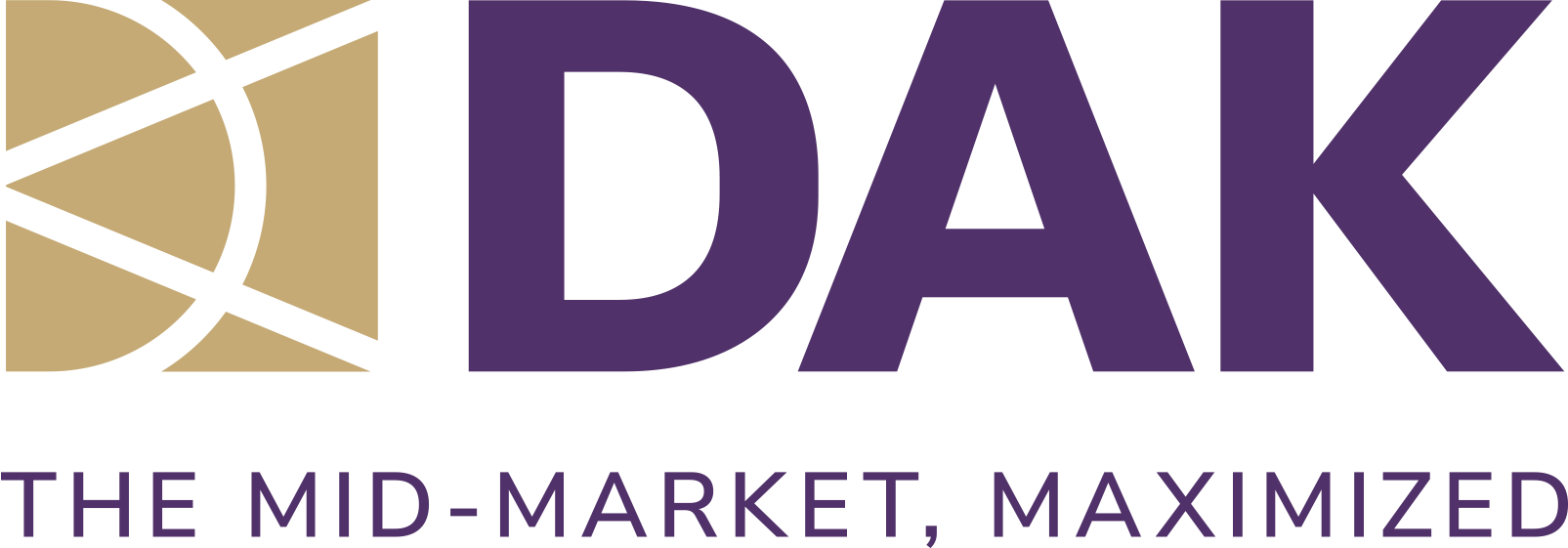In a year marked by political uncertainty, shifting tax policies and global instability, business owners are navigating a complex and evolving environment. Rising tariffs, the push to bring manufacturing back to the U.S., and potential regulatory changes are already reshaping supply chains and cost structures. These dynamics are prompting many owners to ask a critical question: Is now the time to sell? Should I double down and grow — or simply wait until this period of uncertainty passes?
Despite the turbulence, transactions are still happening. Buyers are actively acquiring companies, but with a sharper eye toward risk. In particular, they’re focused on businesses they believe can better withstand the challenges posed by new tariffs and geopolitical pressures. For owners considering a sale, this means today’s environment requires a more thoughtful and strategic approach.
Buyers are taking a cautious stance — some remain in a ‘wait-and-see’ mode, while others are proceeding with heightened scrutiny. Though valuations remain strong for well-positioned companies, they have moderated for those with supply chain exposure or operational vulnerabilities. As a result, sellers need to prepare — shoring up financials, tightening operations, exploring sourcing options, and positioning their business to reduce perceived risk and maximize value.
With this in mind, many owners and stakeholders are critically assessing the strategic path forward. Some are leaning into growth — whether organically, through acquisitions, or by securing new capital and strategic partnerships. Others, recognizing that their company may be nearing peak value — or simply feeling ready for a new chapter — are exploring a potential exit. Regardless of direction, the process should start with an honest evaluation of both business and personal goals, followed by a conversation with your management team and a strategy session with an experienced investment banker who understands your industry and the nuances of your company.
The investment banker should understand your role in your industry as well as the needs of businesses of your size. The banker’s role is like that of a “strategic coach” who can help you start the process and navigate the intricacies of transactions; they know how to sell and buy companies, how to get the most value from a transaction, and how to leverage your assets in different ways — from a partial sale to a strategic alliance to raising capital.
Consider the following questions:
Do I grow? Once you have made the decision to invest in the company in order to keep up with demand, the next question is: How? Can I grow my business organically, or do I need to add external assets to keep moving forward? Here are some of the basic strategies:
- Partner: Seek a strategic partnership to propel growth with expanded resources and/or capabilities.
- Secure Growth Capital: There are a number of sources of growth capital (mezzanine financing; equity investment). Selecting the right one for your business depends on your situation.
- Acquisition: You should only choose to acquire another company that will be accretive to the value of your business.
- Organic Growth: Create new ways to increase revenue by using your existing resources more effectively.
Do I take money off the table? There are several options that exist to take money off the table. You can do a recapitalization or “recap” of the business that will reorganize the balance sheet and allow the owner to get money out of the business while maintaining control. You can also sell all or part of the business.
- Find a buyer: There are several types of buyers with different advantages and attributes to consider, including a strategic buyer (which often pays the highest price and has significant synergistic reasons for executing a transaction) or private equity (if structured correctly, these firms will purchase all or a portion of your company, allow you to take money off the table, stay involved, and share in the growth).
What is my business worth? In any of the above scenarios, your investment banker should help you understand the true value of your business. Be cautious of using generic industry multiples: the specifics of your business greatly impact its valuation.
- The key: It’s crucial to understand what a buyer — especially a strategic one — values in your company, and how it enhances their business. That’s where the highest valuations are typically unlocked. Don’t assume the industry average multiple is the right benchmark for your company.
Acquisitions and divestitures represent great opportunities for middle-market businesses to take advantage of the changing market. With sound advice, good planning, and a strategic approach, you can explore a range of options and determine which path best aligns with your goals.
Selling your company — or buying someone else’s — is not a task to take on alone.
The guidance of experienced professionals — investment bankers, attorneys and accountants — can help you navigate the process, avoid pitfalls, and maximize outcomes, whichever side of the table you are on.
Alan Scharfstein is the CEO of The DAK Group, the Ridgewood-based firm that has been providing M&A guidance, execution and advocacy to middle-market business owners for more than 40 years.





